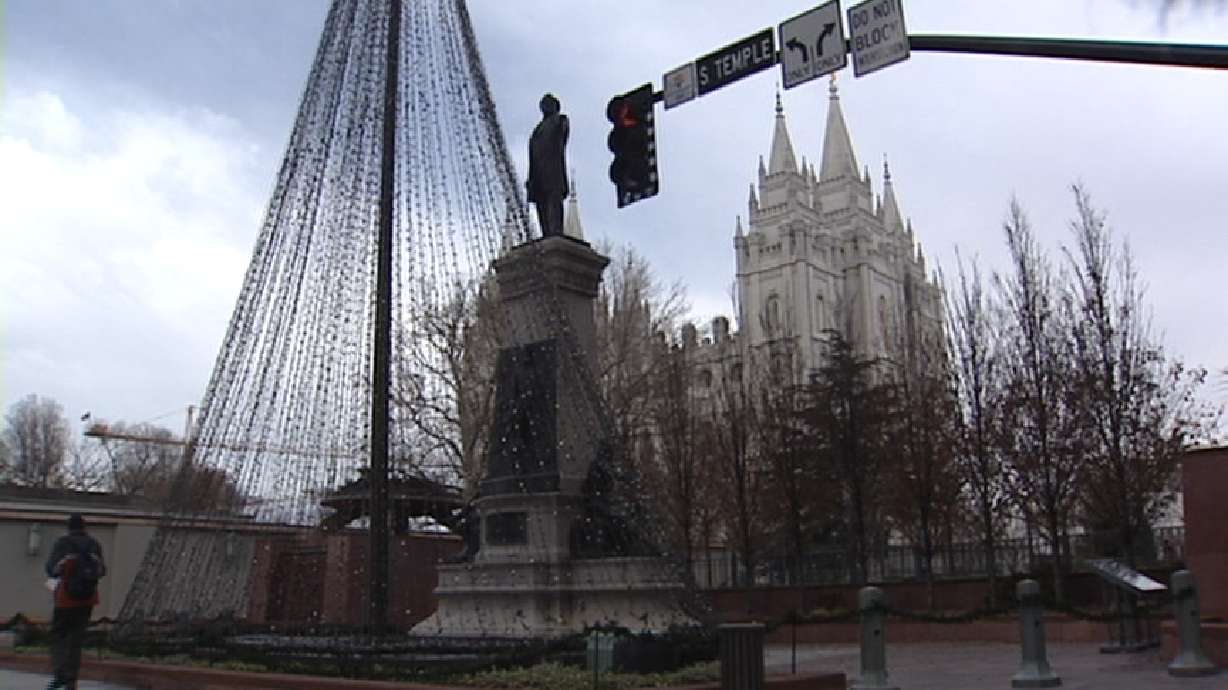Estimated read time: 2-3 minutes
This archived news story is available only for your personal, non-commercial use. Information in the story may be outdated or superseded by additional information. Reading or replaying the story in its archived form does not constitute a republication of the story.
SALT LAKE CITY (AP) -- It's over. Plaintiffs will not appeal the ruling upholding Salt Lake City's sale of one block of Main Street to the Mormon church, the ACLU said.
They had until Friday to appeal the 10th U.S. Circuit of Appeals ruling against their lawsuit challenging the sale.
"We ultimately decided it was not in the best interest of the plaintiffs, the public, the ACLU or the important principles involved to trouble the U.S. Supreme Court with an appeal," said Dani Eyer, executive director of the Utah chapter of the American Civil Liberties Union. "We did notify all the plaintiffs. Nobody was inclined to pressure us or hire someone else."
Eyer had said earlier this week that it did not appear anyone was preparing to continue the fight.
In October, the appeals court upheld the sale of the block to The Church of Jesus Christ of Latter-day Saints, which owned property on both sides of the street. The church turned the street into an extension of its Temple Square gardens.
The judges said the sale was not an endorsement of the church by city leaders, and they rejected the plaintiffs' claim that the street should remain a public sidewalk where free speech is allowed.
The city initially sold the block to the church in 1999 for just over $8 million. In that sale, the city reserved a public-access easement, but gave the church the right to ban protests, proselytizing, smoking, sunbathing, bicycling and other "offensive, indecent, obscene, lewd or disorderly speech, dress or conduct."
The ACLU and other plaintiffs sued, contending the church could not curtail free speech or other First Amendment rights on the public easement. The 10th Circuit upheld the ACLU's claim in 2002.
Mayor Rocky Anderson brokered a deal with church leaders to trade the easement for $4.5 million in property on the city's west side to build a community center.
The ACLU challenged the deal, but the appeals court ruled in October that in giving up the easement, the city gained roughly 10 times its market value and rightfully disengaged itself from a potential constitutional entanglement with the church over control of the plaza.
------
Information from: The Salt Lake Tribune, http://www.sltrib.com
(Copyright 2005 by The Associated Press. All Rights Reserved.)









